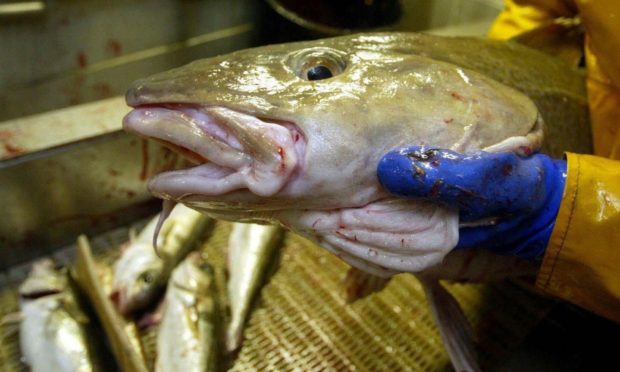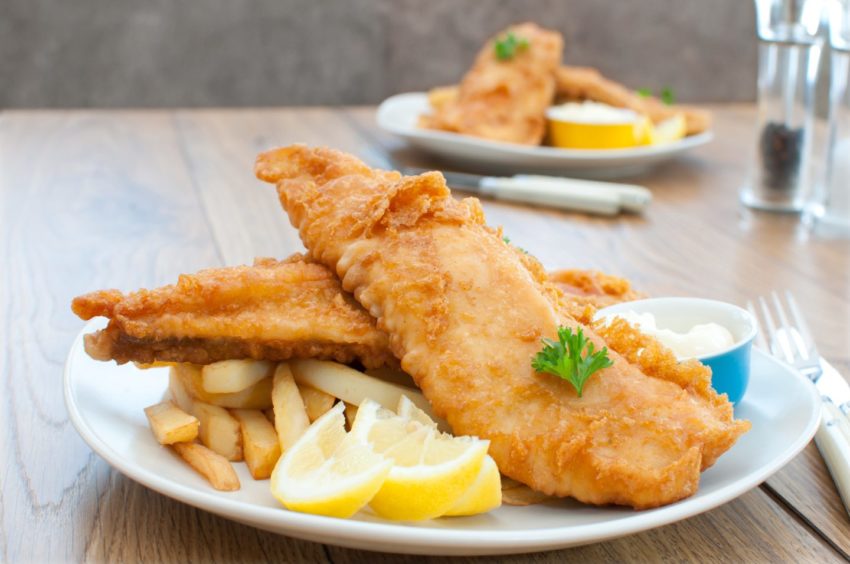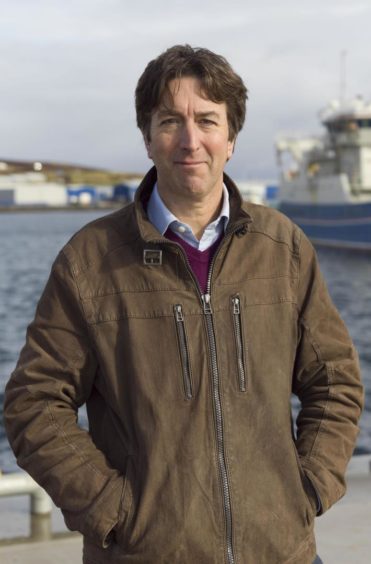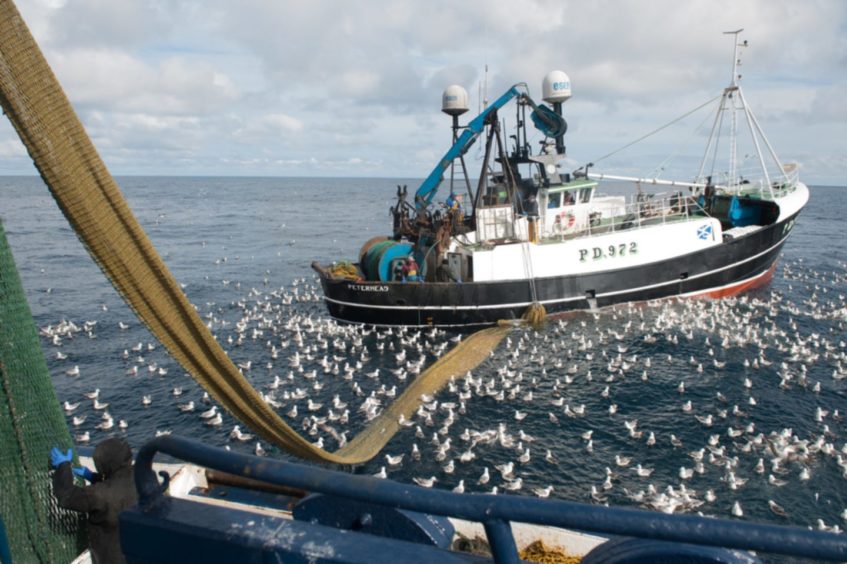Scottish fishing industry chiefs have reignited calls for an independent panel to be set up to give “proper perspective” to the state of key North Sea stocks.
It comes after an influential body of marine scientists recommended a 10.3% cut in annual quota for North Sea cod – a staple of fish suppers in many parts of the UK, although haddock tends to be the preferred choice of consumers in Scotland.
But the same scientists at the International Council for the Exploration of the Sea (Ices) have also admitted that doubling the quota would mean an increase of 24% in the size of the stock by 2023.
And Ices’ own figures suggest there are now around 285 million cod in the North Sea, up from 180m in 2018.
Cod outnumbering rats and mice in the UK
Shetland Fishermen’s Association (SFA) executive officer Simon Collins said: “There are many more North Sea cod than there are rats and mice in the UK, and almost four times more than the most common land mammal, the field vole.
“And yet green NGOs (non-governmental organisations) constantly go around describing cod as ‘threatened’ or ‘endangered’ or at risk of ‘extinction’.
“They should be ashamed of themselves for peddling such nonsense.”
Mr Collins added: “Our governments need to ask themselves whether they are willing to create insoluble problems for our fishing fleet just because an Ices computer says so.
“It has often been wrong in the past, and in terms of cod it is catastrophically wrong now.”
Two industry groups – the SFA and Scottish White Fish Producers’ Association (SWFPA) – have previously asked both the Scottish and UK governments to create an independent panel to assess figures produced by Ices.
Our governments need to ask themselves whether they are willing to create insoluble problems for our fishing fleet just because an Ices computer says so.”
Simon Collins. Shetland Fishermen’s Association.
According to the SFA, such a panel would help to put the scientists’ advice into “proper perspective”.
Environmental pressure groups arguing against such a move include marine-focused Open Seas, whose head of policy and operations, Phil Taylor, said “We should all be concerned about these calls for a new panel to replace Ices advice in decisions about Scotland’s fish stocks and quota.
“It’s difficult to see what the SWFPA and SFA are trying to achieve here apart from seeking new answers in the cases they do not like. The dire circumstances of Scotland’s white-fish fleet in 2021 are as much to do with overfishing as anything else.”
Mr Taylor added: “The Ices system is not without flaws – it has almost certainly underestimated the amount of illegal discarding continuing in our seas and is, therefore, underestimating total fish catch. However, the science done provides a transparent system where analysis can be explored and conclusions are peer-reviewed.
“There are also questions about the ‘independence’ these organisations are hoping to achieve. Scotland’s seas are a public asset and the fish in them a public resource – we need to prevent fisheries management from being controlled by vested interests and not hand over more influence to this powerful industry lobby.”
Fishing chiefs say latest advice on key stocks is ‘desperate news’ for Scots’ fleet



